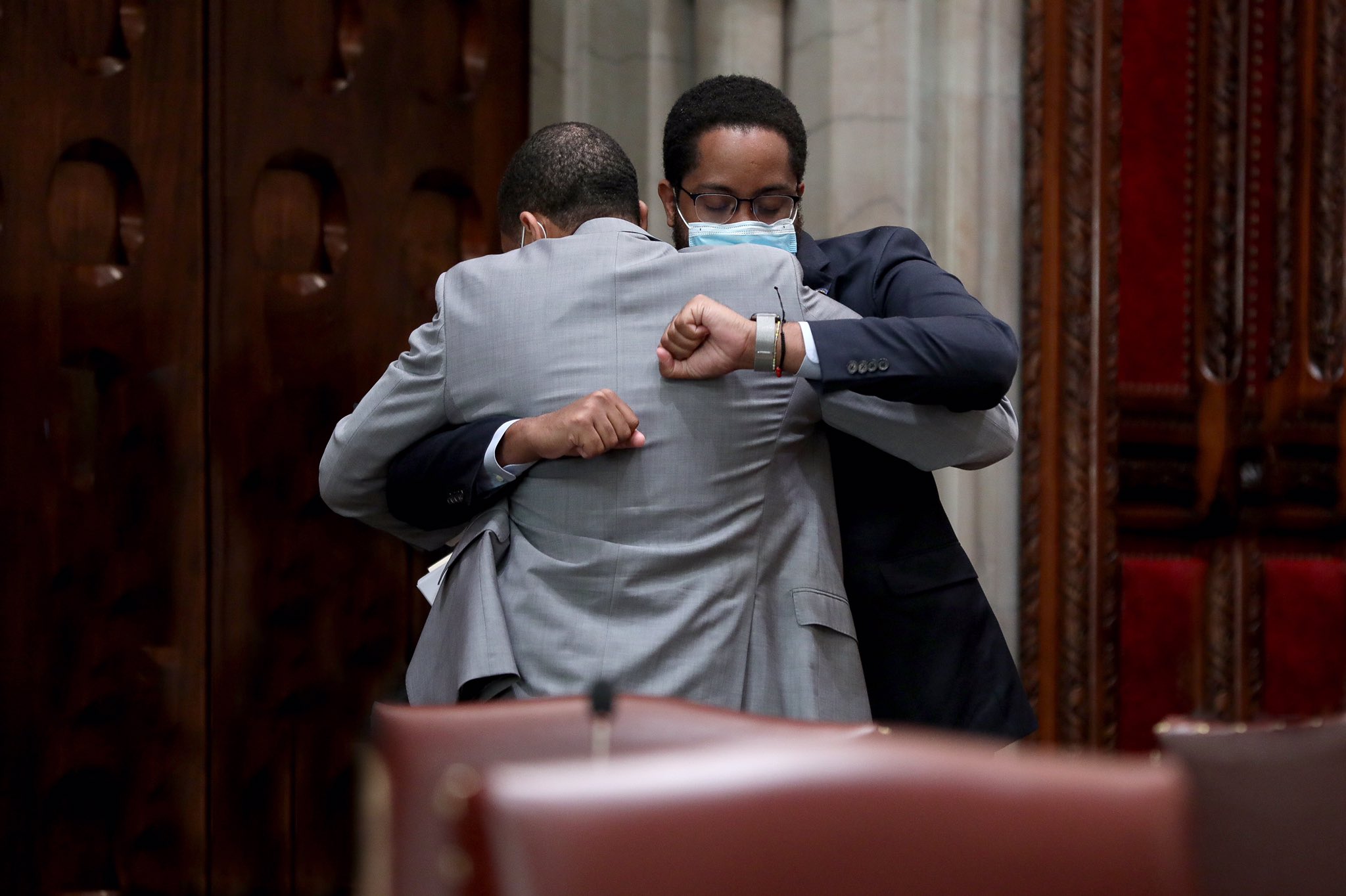Virginia Just Made Closed Criminal Investigative Files Public — Here’s Why That Matters
A big step toward greater police transparency and justice.
04.01.21 By Innocence Staff
Virginia Governor Ralph Northam just signed into law a bill that makes records of closed criminal investigations publicly accessible — a big step toward greater police transparency and justice.
Criminal investigative files containing information about cases and how they were investigated have typically been unavailable because law enforcement had the sole discretion over whether to release a file to the public or to an attorney. Because law enforcement officials have not always released these files to innocence organizations, it has made it difficult for attorneys to access their clients’ old case files and the case files of officers known to have contributed to other wrongful convictions.
For example, former Detective Robert Glenn Ford was found to have used coercive interrogation tactics to elicit false confessions from four U.S. Navy sailors — known as the Norfolk Four — to secure their wrongful conviction for a 1997 rape and murder. Today, Mr. Ford is serving a federal sentence for corruption and extortion that he committed over many years. Yet, despite this pattern of misconduct, innocence organizations’ requests to review Mr. Ford’s past case files have been rejected by the Norfolk Police Department. And they have been unable to review other cases in which his misconduct may have contributed to the incarceration of innocent people.


Leave a Reply
Thank you for visiting us. You can learn more about how we consider cases here. Please avoid sharing any personal information in the comments below and join us in making this a hate-speech free and safe space for everyone.